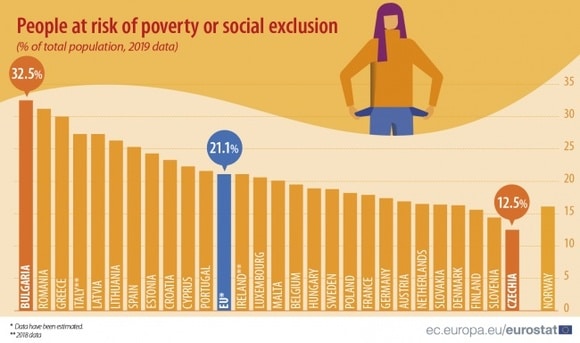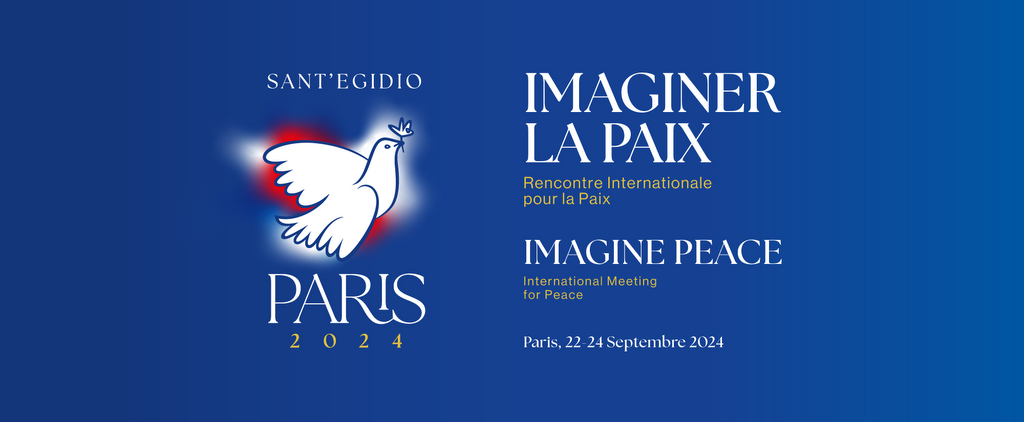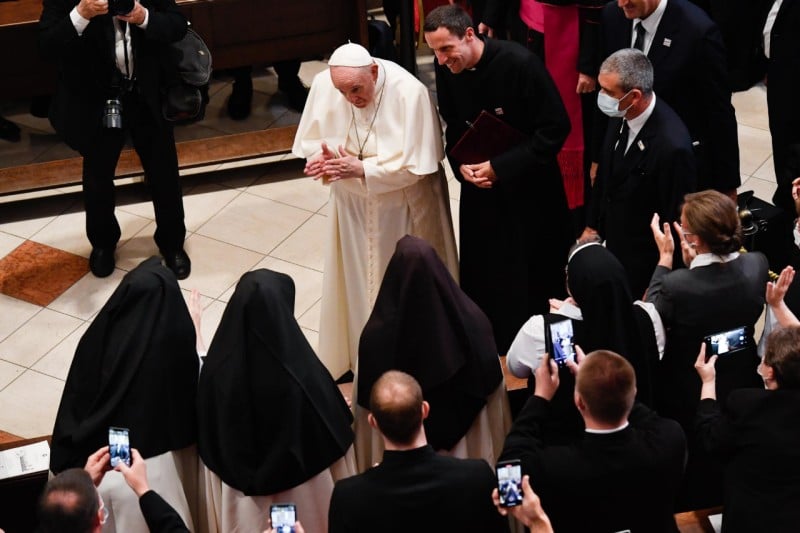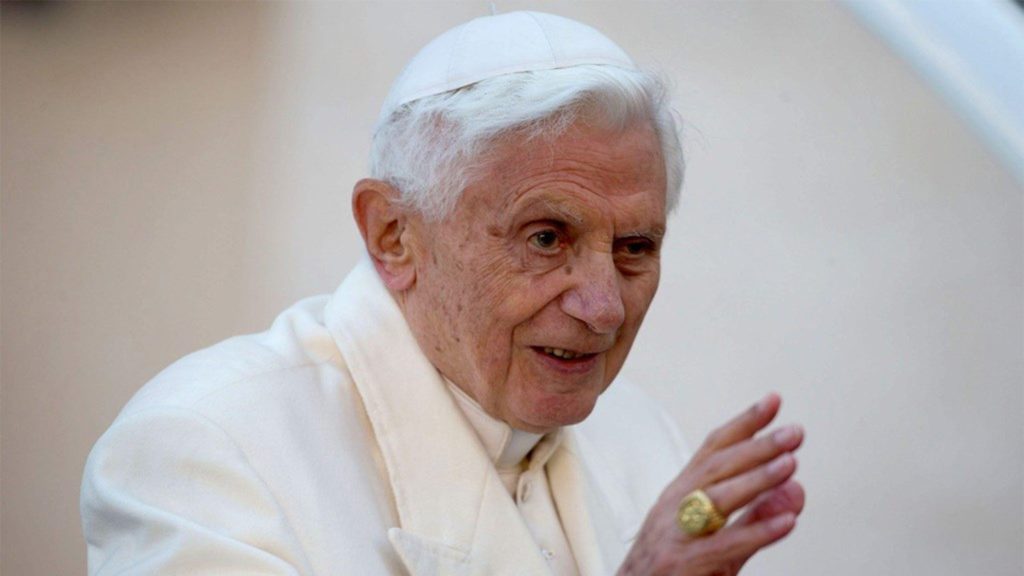COMECE Issues Ideas to Fight Poverty in Europe
'Listen to the Cry of the Poor in the Context of the COVID-19 Pandemic and its Recovery’

The Commission of the Bishops’ Conferences of the European Union (COMECE) today released the statement ‘Listen to the cry of the Poor in the context of the COVID-19 pandemic and its recovery’, proposing some good practices and recommendations to the EU institutions on how to enhance the fight against poverty in Europe.
While the COVID-19 crisis has not created an explosion of poverty, COMECE observes a multiplication of fragility situations affecting the lives of persons, families, and communities across the European Union.
As reflected in the European Commission Action Plan on the European Pillar of Social Rights, fighting poverty is one of the main social priorities of the EU. However, “more should be done to measure and tackle new forms of poverty and promote creative remedies to structural causes of poverty,” said Mgr. Antoine Hérouard, President of the COMECE Social Affairs Commission. “We should aim at reducing marginalization and enhancing more integral inclusion.”
The COMECE statement denounces the increase of in-work poverty over the past decade, and the worrying situation of many workers, who do not benefit from dignified working conditions or do not have their work valued. With poverty levels rising all over Europe, COMECE calls on the EU and its Member States “to better acknowledge the multi-dimensional approach of poverty in order to leave no one behind.”
During the COVID-19 pandemic, the Catholic Church provided spiritual and material support to people in poverty, meeting their most pressing needs. The COMECE statement collects examples of ‘good practices’ put into action in different places across Europe through various institutions and with the support of different Caritas networks and of national, regional or local partners.
The statement ‘Listen to the cry of the Poor in the context of the COVID-19 pandemic and its recovery’ aims to take stock of the existing EU strategies to tackle poverty, to report the actions of the Catholic Church in support of the people in poverty during the current COVID-19 pandemic, and to bring the recommendations of the Church to the attention of the EU institutions and its leaders.
The recommendations of the COMECE Social Affairs Commission, include a) strengthening material and food assistance under EU funding; b) better-measuring poverty that matches with the present reality; c) facilitating access to affordable and decent housing; d) better-preventing over-indebtedness; e) promoting decent work, quality education, and solidarity.
“Any reflection and action regarding fighting poverty – states Mgr. Hérouard – should aim at reducing marginalization and enhancing more integral inclusion, meaning economic, social, and political participation.”
Related

“IMAGINER LA PAIX”
Exaudi Staff
16 September, 2024
1 min

Riccardi, Sant’Egidio: An Appeal for a Ceasefire & Kiev to Be Proclaimed an “Open City”
Exaudi Staff
27 February, 2022
2 min

‘The Veil Of Silence’ – New Book By Journalist Salvatore Cernuzio
Deborah Castellano Lubov
15 February, 2022
5 min

‘Letter of Pope Emeritus Benedict XVI Regarding the Report on Abuse in the Archdiocese of Munich-Freising’
Exaudi Staff
08 February, 2022
5 min
 (EN)
(EN)
 (ES)
(ES)
 (IT)
(IT)

